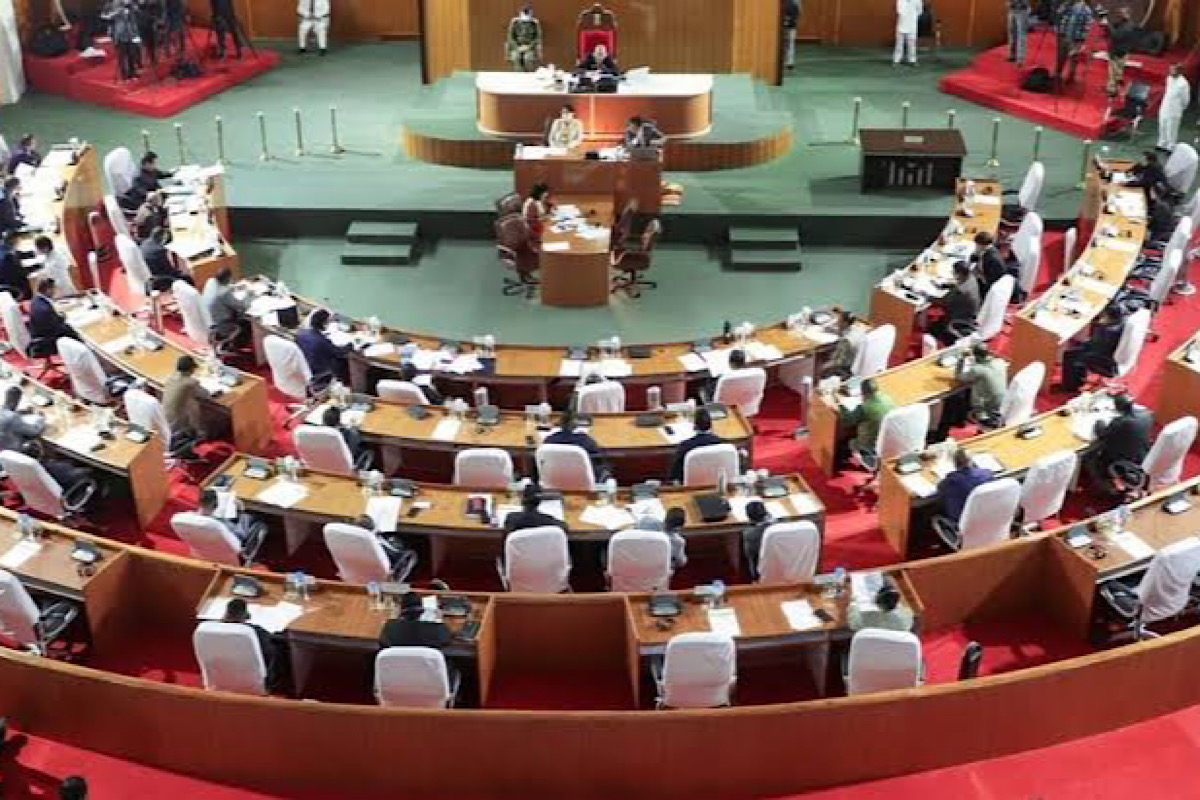TMC leader Mukul Sangma appointed Leader of Opposition in Meghalaya Assembly
This recognition followed Dr Sangma's formal submission to Speaker Thomas A Sangma, requesting the position on behalf of the TMC, which leads the opposition bloc.
The bill, which was introduced by regional party Voice of the People Party (VPP) MLA Adelbert Nongrum, was dismissed following a voice vote, with no support from opposition members.

Meghalaya Legislative Assembly (Representation image)
The Meghalaya Assembly on Wednesday rejected a bill that sought to introduce reservation specifically for the non-creamy layer within the Scheduled Tribes (ST) category.
The bill, which was introduced by regional party Voice of the People Party (VPP) MLA Adelbert Nongrum, was dismissed following a voice vote, with no support from opposition members.
Advertisement
The proposed legislation aimed to address the economic disparities within the Scheduled Tribe population of Meghalaya by creating sub-classifications within the ST category.
Advertisement
According to the statement of objects and reasons attached to the bill, data from the Meghalaya Government indicates that a significant portion of the Scheduled Tribe population in the state remains economically weak and disadvantaged, despite existing reservations.
The bill highlighted provisions in the Indian Constitution, specifically Articles 16(4) and 15(5), which empower states to make special provisions for the advancement of socially and educationally backward classes, including reservations.
It argued that these provisions should be leveraged to ensure that the benefits of reservations are more effectively targeted toward the most disadvantaged segments of the ST population.
The bill’s proponents also referenced a recent Supreme Court ruling that permits states to create sub-classifications within the Scheduled Caste (SC) and Scheduled Tribe (ST) categories. This ruling was seen as a legal basis for the proposed sub-classification in Meghalaya.
The rejection of the bill has sparked a debate on the need for more nuanced and targeted affirmative action policies in the state.
Proponents argue that such measures are essential to ensure that the benefits of reservation reach those who need them the most, thereby promoting greater social equity.
On the other hand, opponents of the bill may have concerns about the implications of further dividing the ST category and the potential challenges in implementing such a policy.
The bill’s rejection also comes at a time when Meghalaya is grappling with various socio-economic challenges, including disparities in public employment and access to higher education.
Advertisement